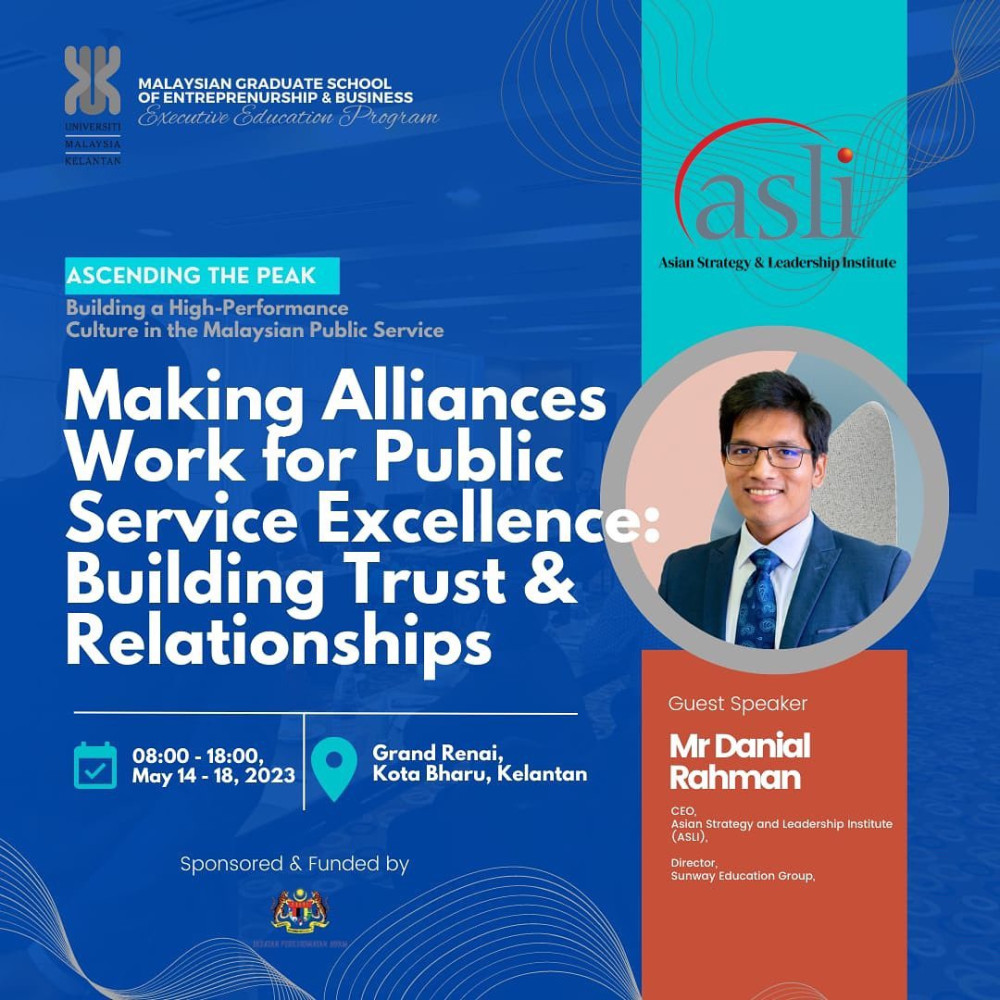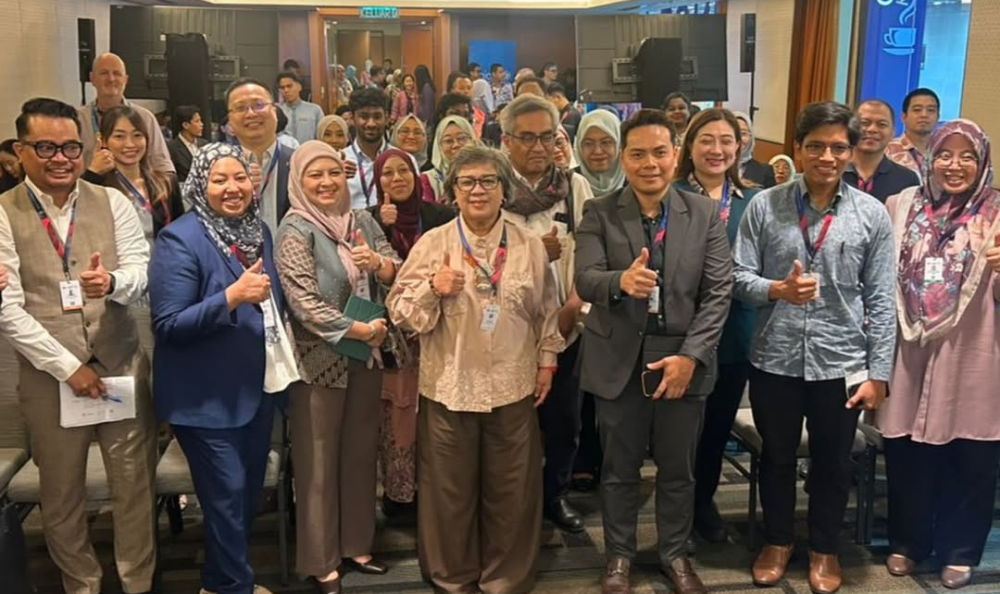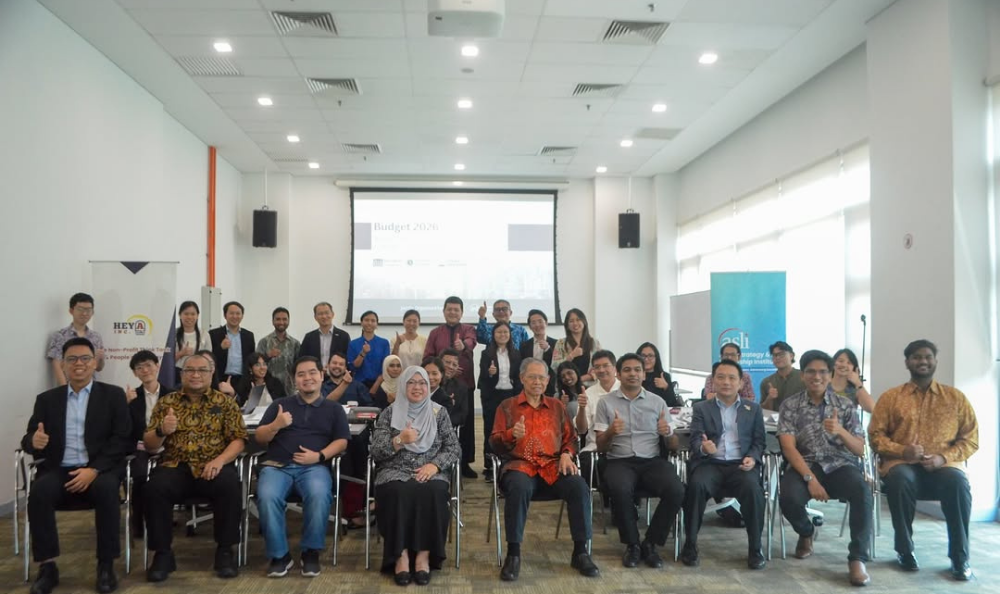
Malaysian Prime Minister Datuk Seri Anwar Ibrahim has highlighted the significant role of public-private partnerships in accelerating Malaysia's development. Taking cues from international success stories in Singapore, Finland, and Germany, these collaborations have paved the way for advancements in areas like education, governance, and finance.
Several key strategies emerge for fostering this cooperation:
- Cultivate Mutual Familiarity: Experiences across multiple work environments, both in government and the private sector, emphasize the importance of understanding diverse organizational dynamics. Government bodies often value hierarchy, policy, and respect. In contrast, private entities prioritize profit and customer engagement. Bridging this gap requires initiatives like industry attachments, allowing civil servants to immerse in various companies and NGOs. This immersion cultivates mutual respect, empathy, and a deeper understanding of diverse operational cultures.
- Collectively Address Adversity: Interactions with the private sector can vary widely based on roles and objectives. Both the public and private sectors have their exemplary and problematic players. A collaborative approach to challenges, especially systemic issues like corruption, is vital. Through mutual efforts and a 'good faith' mindset, both sectors can enhance governance, accountability, and leadership standards.
- Champion Open and Regular Communication: The balance between maintaining confidentiality and promoting transparency is a delicate one. The private sector must handle information judiciously, and public consultations need to resonate with cultural sensitivities. Adopting inclusive language, akin to New Zealand's approach in their policy drafts, can make these communications more effective. Revising data-sharing policies and ensuring that public data is both secure and beneficial is paramount.
- Promote Collaborative Endeavors: The "Hallyu" or “Korean Wave” policy from South Korea stands as a testament to the economic and cultural potential of robust public-private partnerships. Through government support, like financing and regulatory frameworks, combined with private sector creativity and talent management, monumental successes can be achieved. Such collaborations have global impacts, like the rise of K-Pop and the substantial economic contributions of groups like BTS.
- Stay Rooted in Core Purpose: Amid the challenges and potential pitfalls of power and profit, both sectors mustn't lose sight of their overarching goal: societal welfare and progress. Global challenges, whether environmental, health-related, or economic, impact everyone regardless of their sector. Solutions emerge when these sectors converge and collaborate, as evidenced by global responses to challenges like the Covid-19 pandemic.
In conclusion, a proactive approach towards harnessing public-private partnerships can unlock unparalleled growth and progress for Malaysia. The benefits of these alliances, underpinned by mutual respect, collaboration, and shared objectives, can catalyze transformative change for the nation.
The original article was written by ASLI’s CEO, Danial Rahman and can be read here:
Empowering civil service with private sector alliances | The Star




